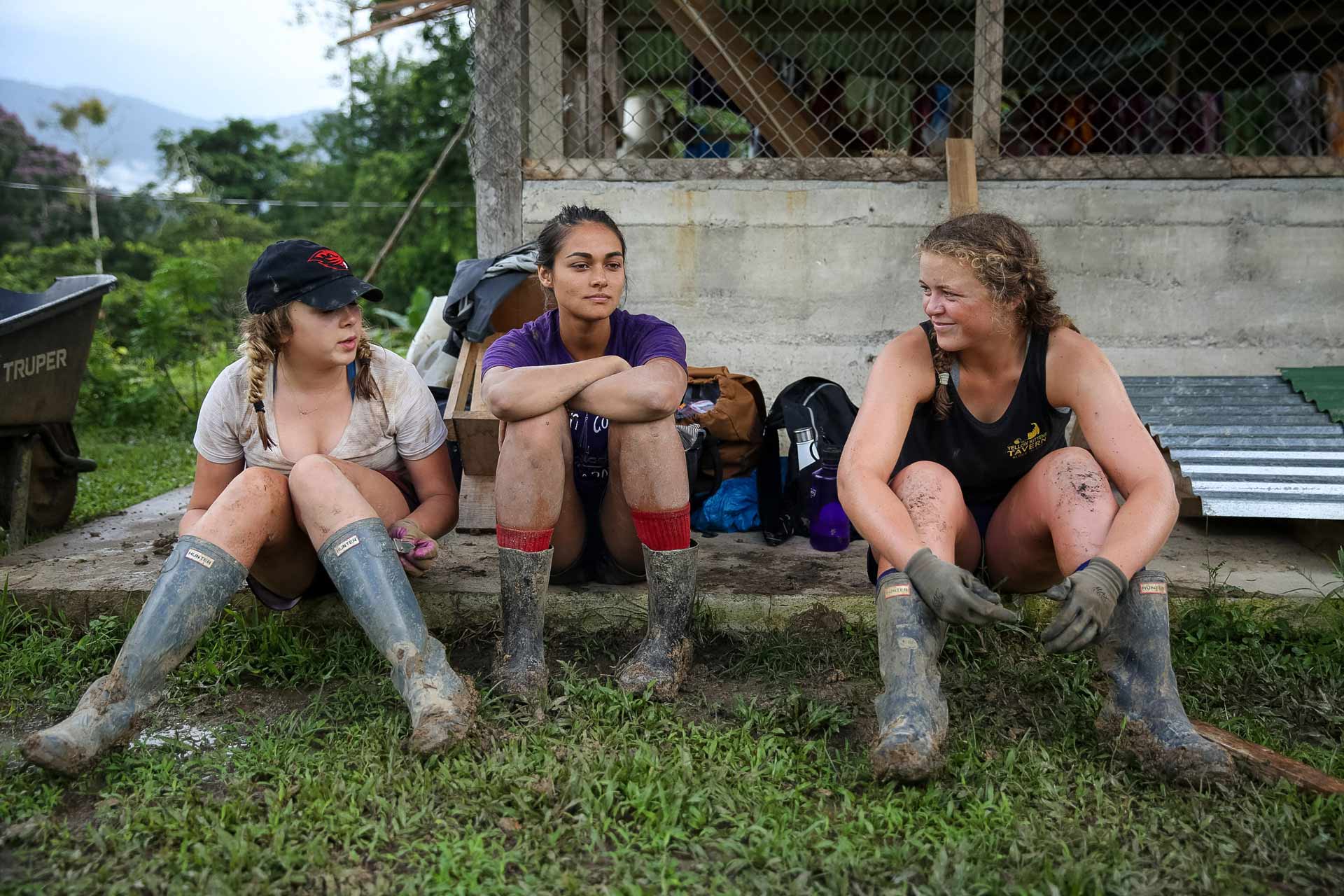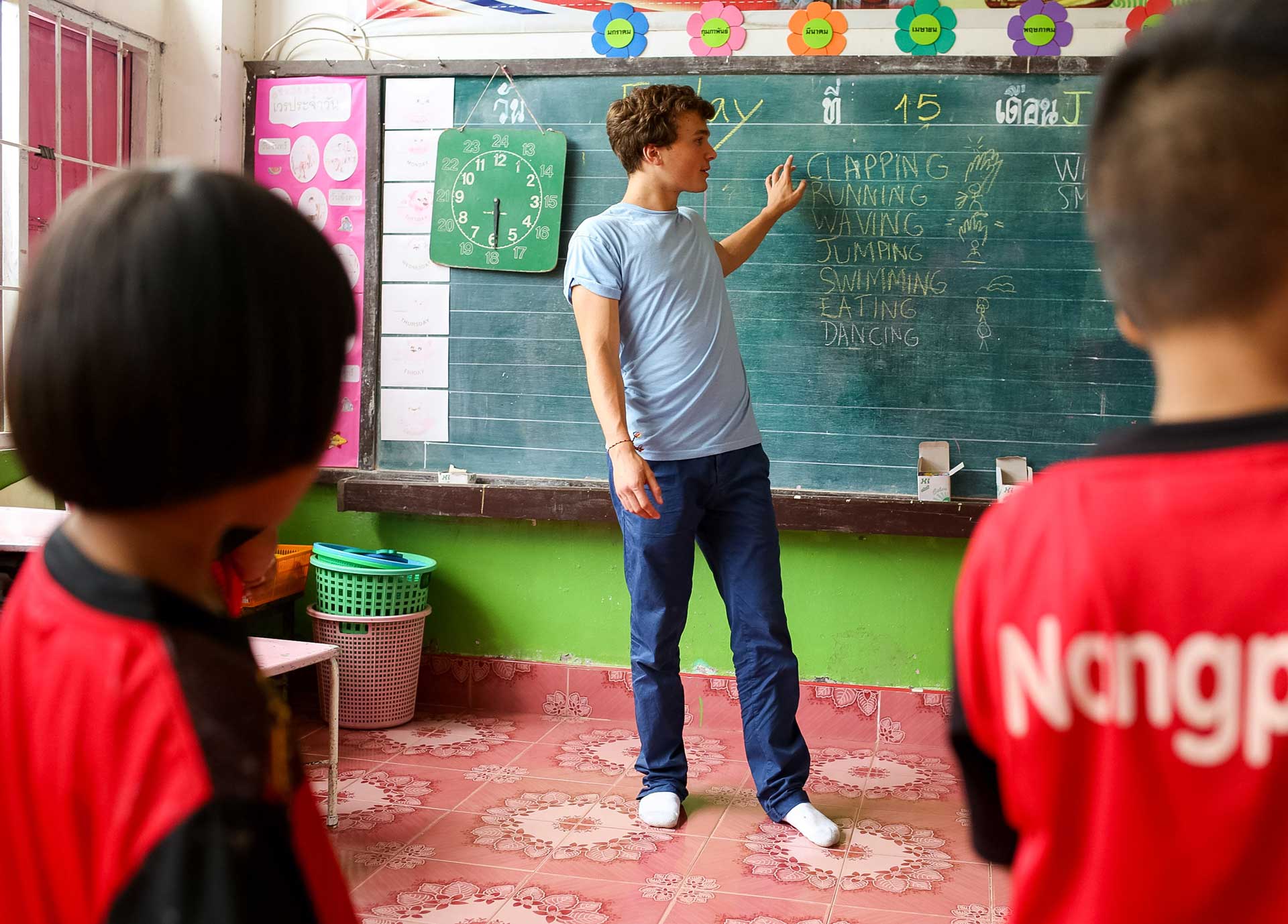Think about your most transformational educational experience. The ‘Aha’ moment that has stuck with you the rest of your life. Was it sitting in a lecture hall among a hundred other students in varying degrees of consciousness? Probably not.
The Brazilian educator Paulo Freire understood this, and passionately denounced traditional education systems built upon what he termed the ‘banking’ model. The banking model of education earned its name from the role of teachers who serve to ‘deposit’ information to their students. Where the classroom is structured in a way that the primary duty of students is to remember and recall information verbatim.

Unfortunately, the banking concept of education is still the default in many high school and university settings, which is a disservice to all students. By merely treating students as passive recipients of information, we lose the opportunity for students to think critically about the concepts presented to them, a practice that in turn continues to promote long-standing biases within society.
Verto Education was created with a vision of a better freshman year — one that treats dialogue and critical thinking as vital to a successful education.
To help guide us in attaining a space that allows students to come to their own conclusions, and learn from their unique individual experiences, we’ve developed 10 Learning Foundations of Verto Education:
- There is as much, if not more, educational value in the field experience as the classroom experience. The most powerful learning happens when the two are brought together with intention.
- Emerging adults learn best from a community of peers, where educators hold space.
- Everything is connected – it is the job of educators to help bridge connections and guide students to their own ‘Aha’ moments.
- If students are to bring their whole selves to the learning process, then educators are compelled to do the same.
- Learning is as much an emotional and social process as it is an intellectual one.
- The curriculum is far deeper than articles and textbooks – it encompasses all the experiences the students have each day. Group seminars are where students draw learning from their experiences.
- Question everything. Curiosity is the foundation for discovery.
- Learning happens at its own pace and cannot be done by anyone but the learner – educators meet students where they are.
- Learning without action is hollow. Action without learning is blind.
- Thoughtful travel provides an opportunity to understand the world through new lenses. We must also seek to turn these lenses on ourselves as learners.
Verto Education was created with a vision of a better freshman year — one that treats dialogue and critical thinking as vital to a successful education.
Our professors and program leaders use these pillars to weave together lectures, readings, and hands-on experiences that lead students to their own transformational educational moments.
Students regularly take part in learning opportunities that don’t feel anything like sitting in a lecture hall. One of the recurring activities we use is called ‘Observation vs. Judgement’ where students sit in the middle of town with a pen and pad of paper, a line drawn down the middle of the sheet. They watch their surroundings for 15 minutes to an hour and make notes on their reactions to life unfolding around them – on one side recording what is seen and on the other what is dubbed “right” or “wrong,” “good” or “bad.” We debrief as a group challenging our preconceptions of a culture we are unfamiliar with.
Allowing students to come to their own conclusions and challenge their own predispositions teaches them to think about the world differently. That’s what learning at Verto Education is all about – staying curious, pushing your own boundaries of understanding, and always challenging the status quo.


